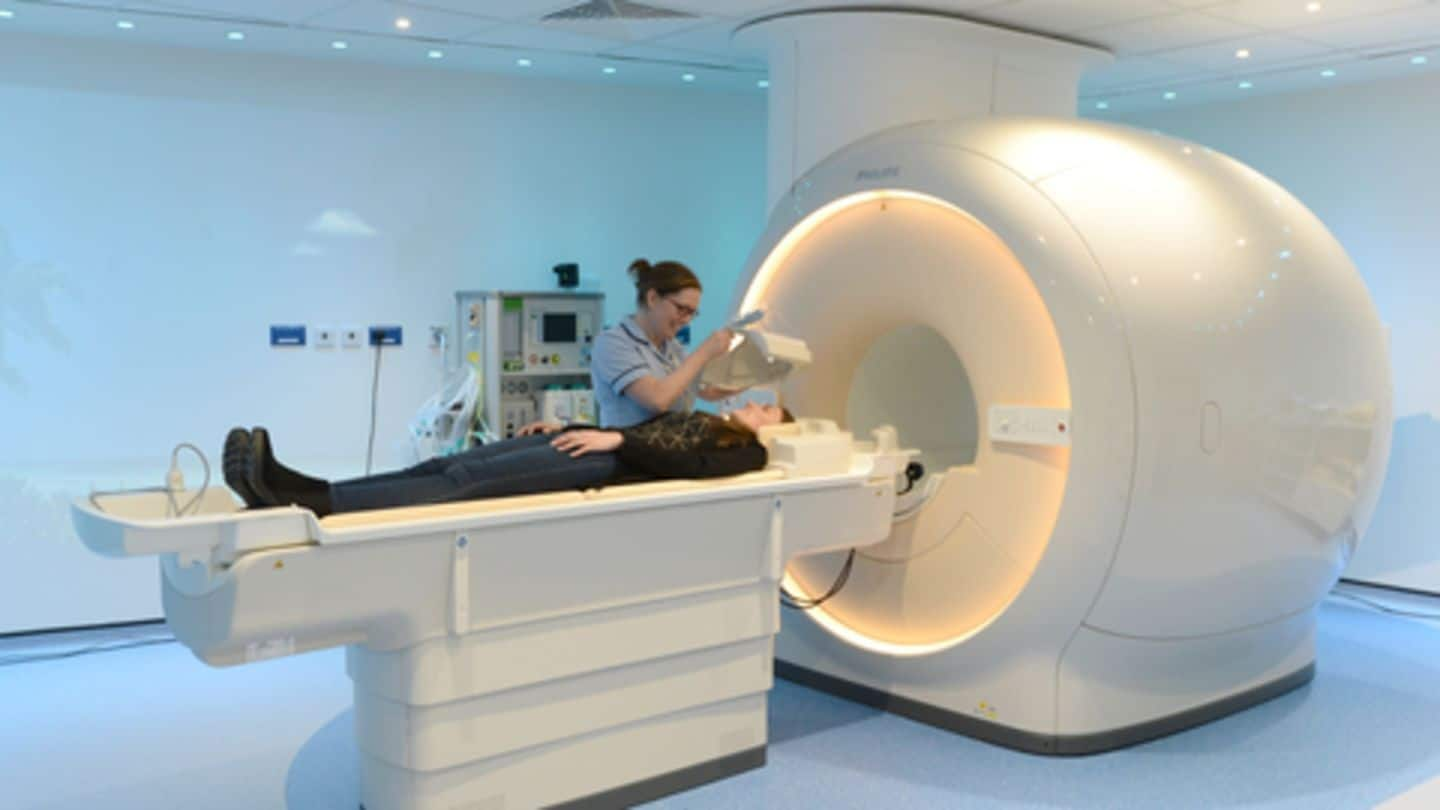
AI beats humans at detecting Alzheimer's; does so years ahead
What's the story
In yet another instance of artificial intelligence (AI) making forays into healthcare, researchers in California recently demonstrated that a trained neural network could accurately diagnose Alzheimer's in patients, years before those patients were actually diagnosed by physicians. Alzheimer's disease affects millions across the world and is difficult to diagnose early on, and thus, AI-enabled early diagnosis could help millions. Here's more.
Quote
Diagnosing Alzheimer's after symptoms appear is redundant
"If we diagnose Alzheimer's disease when all the symptoms have manifested, the brain volume loss is so significant that it's too late to intervene," said Jae Ho Sohn, one of the researchers.
Training
How the 'deep learning' neural network was trained
To train the "deep learning algorithm" to analyze brain scans, the researchers trained it on more than 2,100 PET (positron emission tomography) scans from 1,002 patients. PET scans were used as they measure metabolic activity in the brain by tracking a form of radioactive glucose that is injected into the blood stream. Changes in metabolic activity in certain parts of the brain, in turn, is linked to the development of Alzheimer's disease.
Quote
Why early detection is so important
"If we can detect it [Alzheimer's disease] earlier, that's an opportunity for investigators to potentially find better ways to slow down or even halt the disease process," added Sohn, explaining why the AI could prove to be revolutionary in Alzheimer's treatment.
Testing
The AI put human specialists to shame
The neural network was then tested on a set of 40 patients in between 2006 and 2016, and the AI's diagnoses were compared with actual diagnoses by a set of specialists. While the AI diagnosed Alzheimer's patients with 100% accuracy, human specialists, looking at the same set of scans, had an accuracy of 57%. Notably, the AI predicted these diagnoses an average of six years ahead of human physicians.
Quote
AI could detect all cases that led up to Alzheimer's
"We were very pleased with the algorithm's performance. It was able to predict every single case that advanced to Alzheimer's disease," said the researcher.
Limitations
The neural network needs to be tested on larger datasets
Despite the phenomenal results, the researchers noted that the study had certain limitations. They said that the neural network had been trained on a 'small' and 'limited' set of data, and further testing was required on much larger datasets. However, one thing's clear - AI is definitely better at diagnosing diseases than it is at predicting what movies people will like.